10 Indian Superfoods To Manage High Blood Pressure
)
Bajra contains magnesium and potassium, which help control blood pressure. Its high fiber content keeps blood vessels healthy, reducing the strain on the heart. Including bajra in your diet can help maintain balanced blood pressure.
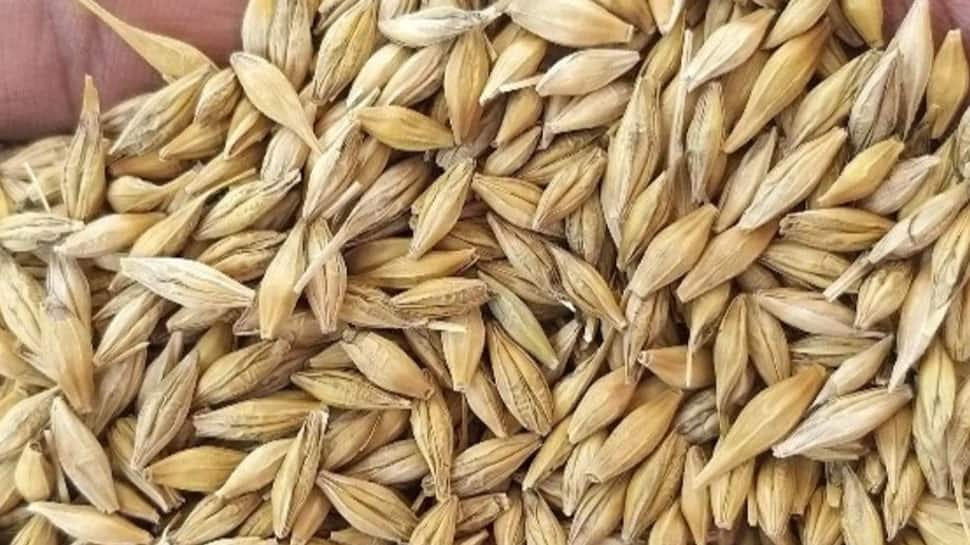
Barley is full of soluble fiber, particularly beta-glucan, which lowers cholesterol and blood pressure. Its antioxidants and minerals support heart health, making it a great addition to your diet for managing blood pressure.
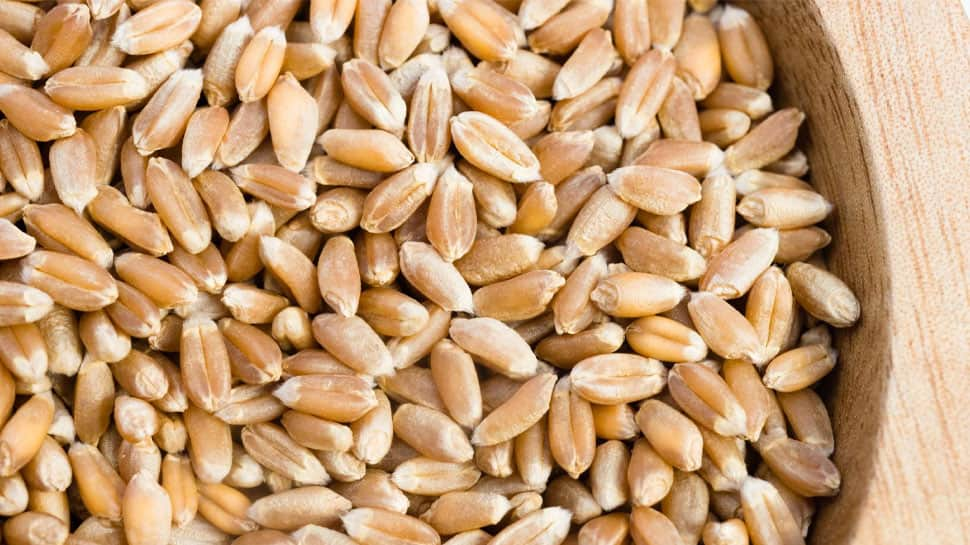
Whole wheat is rich in fiber, vitamins, and minerals. It supports heart health and helps control blood pressure by promoting healthy digestion and preventing spikes in blood sugar.
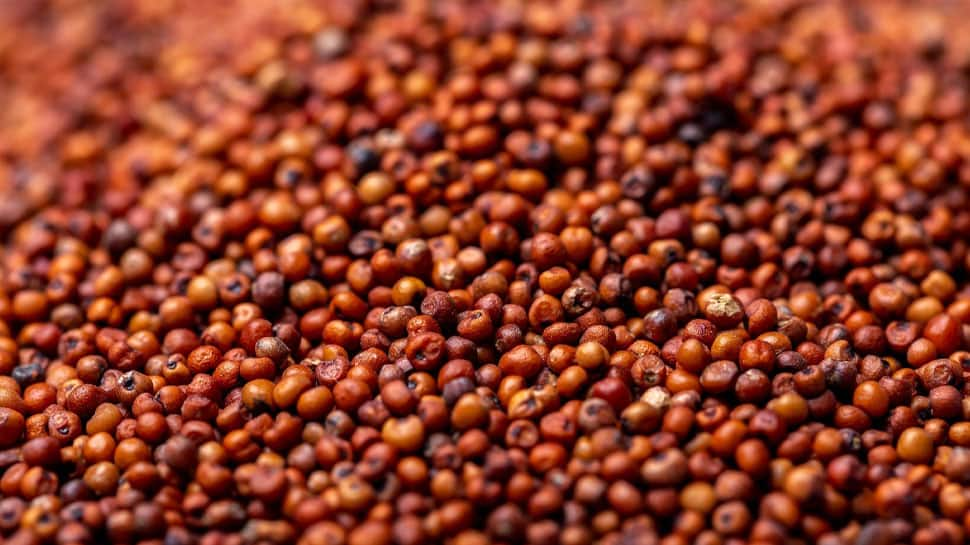
Ragi is high in calcium and fiber, which can help reduce hypertension. It contains potassium that helps relax blood vessels, easing pressure on the arteries and supporting healthy blood pressure levels.
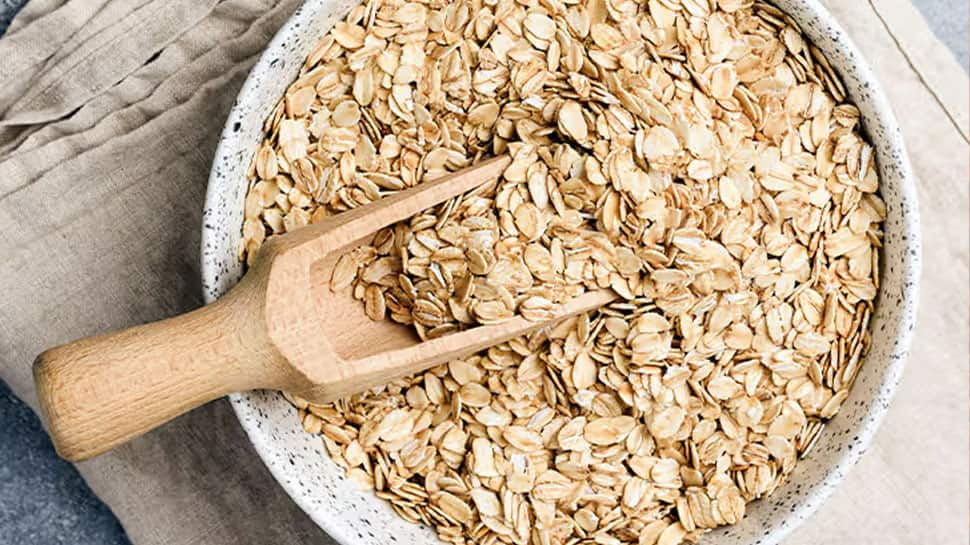
Oats are known for their heart-healthy benefits. The soluble fiber, beta-glucan, in oats helps lower cholesterol and blood pressure, contributing to better cardiovascular health.

Bitter gourd is not only helpful for diabetes but also for high blood pressure. It’s rich in potassium, which balances sodium in the body and helps maintain healthy blood pressure.

Tomatoes are loaded with lycopene and potassium. Lycopene, an antioxidant, reduces heart disease risk, and potassium balances sodium in the body, helping to control blood pressure.

Amla is rich in vitamin C and antioxidants. These reduce oxidative stress and inflammation, improving heart health and helping to prevent plaque in the arteries, which aids in managing blood pressure.

Cucumbers are hydrating and low in calories. They are a good source of potassium and magnesium, essential for fluid balance and blood vessel function, helping keep blood pressure stable.
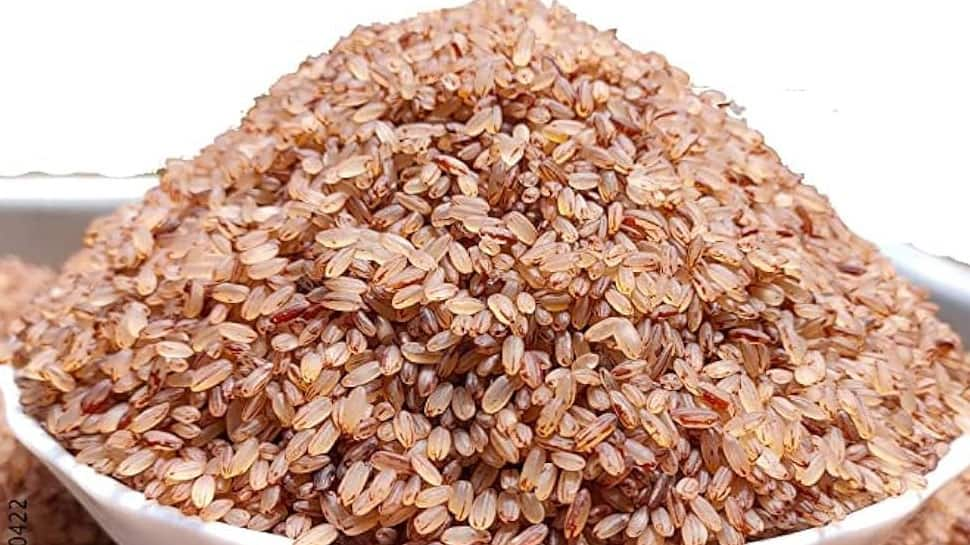
Brown rice is a whole grain with fiber, magnesium, and selenium. The fiber helps lower cholesterol, and magnesium aids in relaxing blood vessels, which contributes to better blood pressure management.

(This gallery is meant for informational purposes only and must not be considered a substitute for advice provided by qualified medical professionals.)

